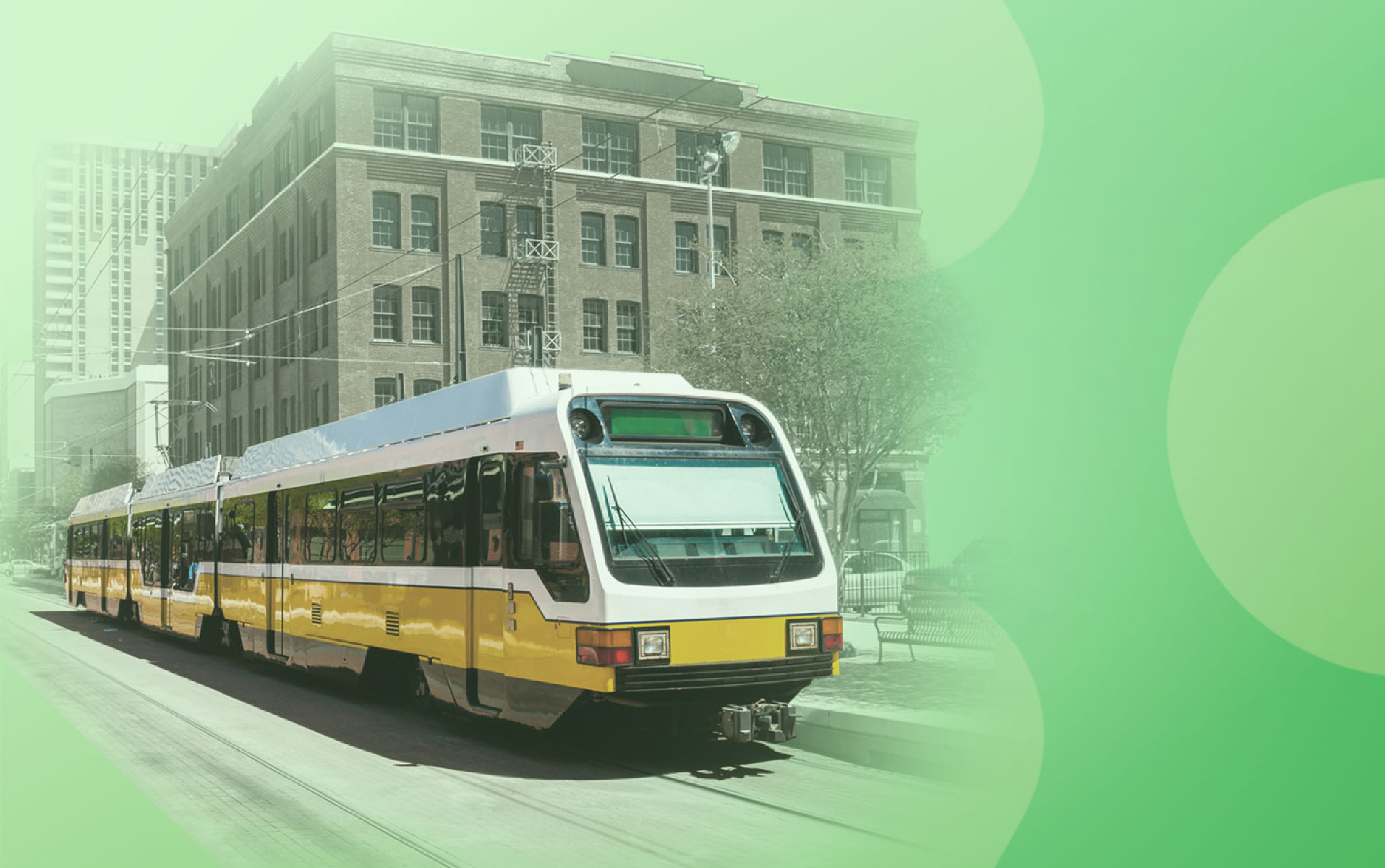
Escape from Quicksand: A New Framework for Modernizing America
"Laws don’t govern. People do."
Read the Full Piece
Buy the Book: Everyday Freedom
What It’s About
Howard suggests that the decline of America's infrastructure is driven by a deep reluctance to give public officials power to make important decisions. Despite significant federal investment, projects stall and fail due to extensive and competing regulations, compliance processes, and litigation.
Upshot
Howard argues that:
- Process has produced paralysis: Current regulatory frameworks on infrastructure are failing us — especially the environmental review process, which at a federal level alone takes 4 years on average. We’re left with crumbling infrastructure from previous generations
- Reform requires empowering officials: Effective infrastructure projects require giving officials clearly defined authority to exercise judgment, which means reducing the second-guessing from courts and stakeholders
- A new framework is necessary: The US needs to streamline its oversight mechanisms, which could include standing up a new national infrastructure board and recodification commission, in order to break through bureaucratic gridlock
Did you know? Government permits to simply raise the roadway of the Bayonne Bridge over the entrance to Newark Harbor took 5 years and 20,000 pages of environmental assessment to receive.
Why It Matters
Howard offers a unique perspective on America’s failing infrastructure: it stems from a crisis of indecision in the public sector. His proposed reforms would support infrastructure development and American prosperity by restoring authority and accountability. Howard’s framework can be applied to other topic areas to restore the dynamism of the public sector and private sector.
Who Wrote It
Philip K. Howard is Chair of Common Good and the author of Everyday Freedom and The Rule of Nobody.

